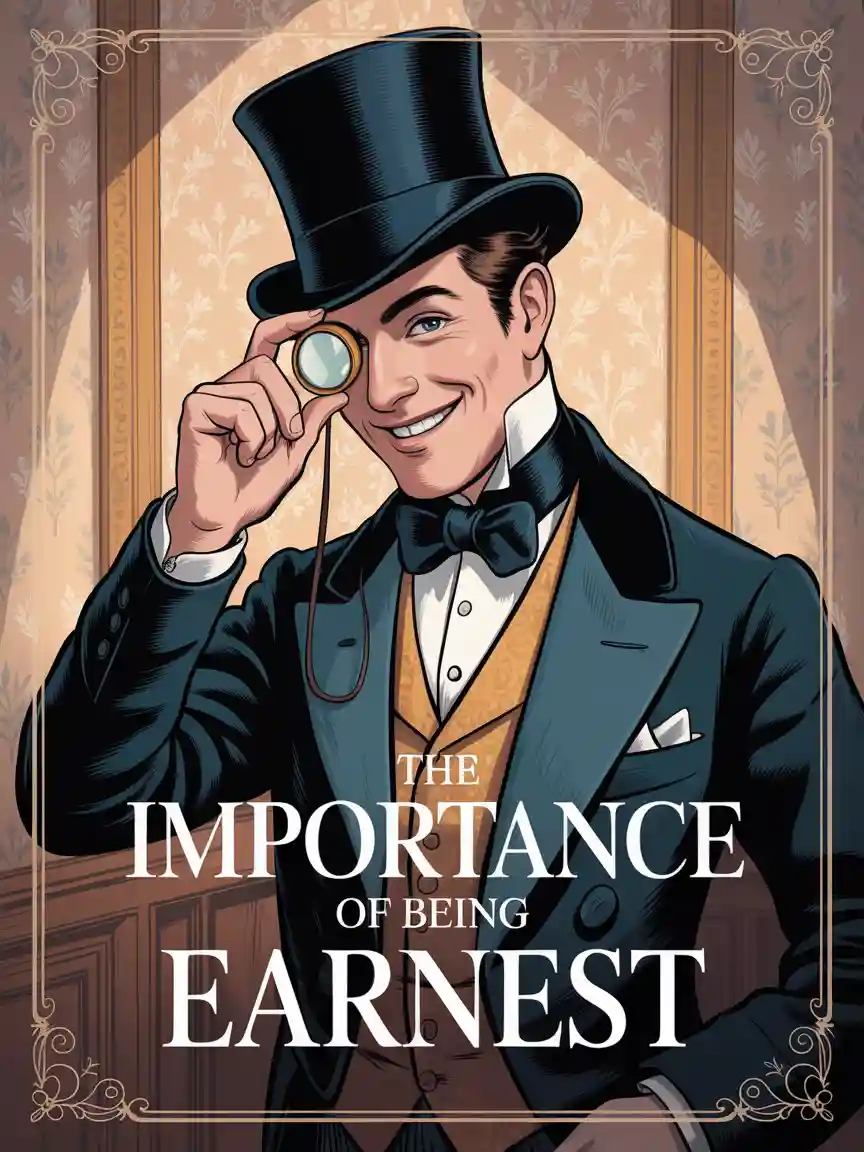(Othello and Iago enter from the side, at a distance.)
Aemilia.
My lady, here comes your husband.
Cassio.
So I will take my leave, my lady.
Desdemona:
Why then? Stay here and hear me speak.
Cassio.
Not now, madam; I am so disturbed that I
would not give my cause any good impetus.
(Cassio leaves.)
Desdemona.
Well, as you please.
Jago (quietly.)
Ha! I don’t like this very much—
Othello (to Iago)
What say you?
Jago.
Nothing, my lord; or if—I don’t know what.
Othello:
Did not Cassio this moment leave my wife?
Iago. Cassio, my lord?—No, I assure you, I cannot imagine that, as soon as he sees you coming, he would slip away so hastily, as if he had no clear conscience.
Othello.
I believe it was no different than he was.
Desdemona.
How is it, my husband? I was just now speaking with a
supplicant, a man whom your disgrace makes very unhappy.
Othello.
And who is this man?
Desdemona. Who could it be but your lieutenant, Cassio? Dearest husband, if I have any power over your heart, reconcile yourself to him at once. Unless he is a man who truly loves you, and who has sinned from mere rashness and not with design, I know nothing of what an honest face is.
Othello.
Was it he who just left?
Desdemona.
And so cast down that he
has left a part of his sorrow to my compassionate heart. I pray you, my dear,
let him return.
Othello.
Not yet, dearest Desdemona, another time.
Desdemona:
But soon?
Othello.
Soon enough, my heart, for you.
Desdemona.
Tonight, for supper?
Othello.
Not that.
Desdemona:
So tomorrow at noon?
Othello.
I’m having lunch with some officers tomorrow at the Citadel.
Desdemona. Well, then, tomorrow night, or Tuesday morning, or night, or Wednesday morning, I pray you, fix the time; but let it not be longer than three days. By my faith, he is penitent; and yet his crime, judging by the common way of it, and setting aside that in time of war the best example is required of an officer, is a trifling rashness, scarcely deserving a private rebuke. When shall he come? Tell me, Othello! I wonder in my soul what you could ask of me that I should refuse you, or stand so sullen about! What? Michael Cassio! Who has served your love for me so well; who so often, when I did not speak very favorably of you, took your side—and I shall have so much trouble to restore him to your favor? Take my word for it, I probably wanted more—
Othello. I pray thee, let it be enough; he may come if he will; I will refuse thee nothing.
Desdemona. Why, this is no favor I ask for myself; it is as if I asked you to wear your clothes, or eat of wholesome food, or keep yourselves warm; in short, as if I begged you to indulge yourselves. Nay, if I have a request by which I mean to try your love indeed, let it be something hard and great, something the heart requires to be granted.
Othello. I will deny you nothing, and all I ask in return is that you will leave me alone for a while.
Desdemona.
Should I refuse you? No; farewell, my husband.
Othello.
Farewell, my Desdemona, I will follow presently.
Desdemona. Aemilia, come; be as your mood dictates, be as you will, and I will obey.
(They leave.)





